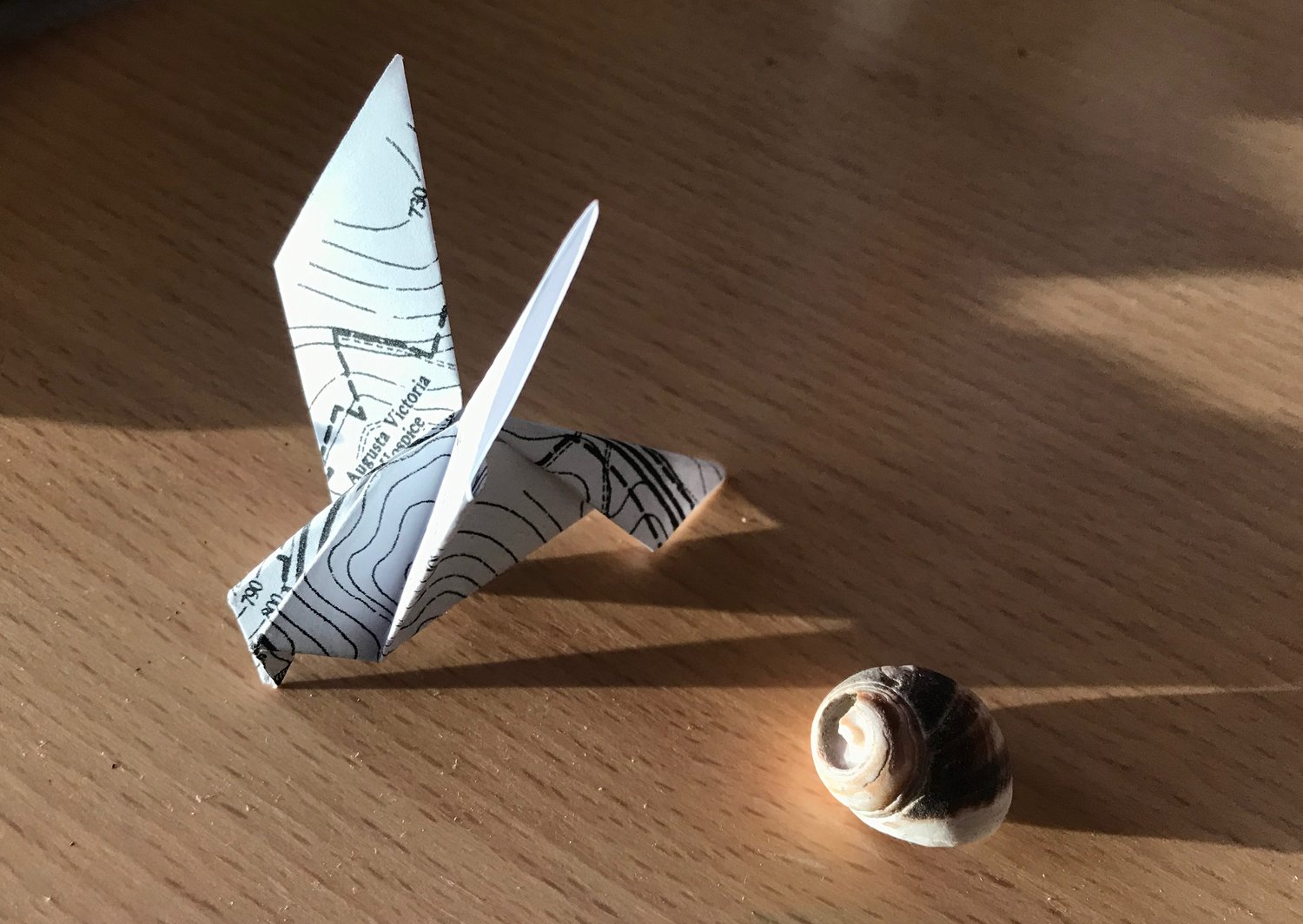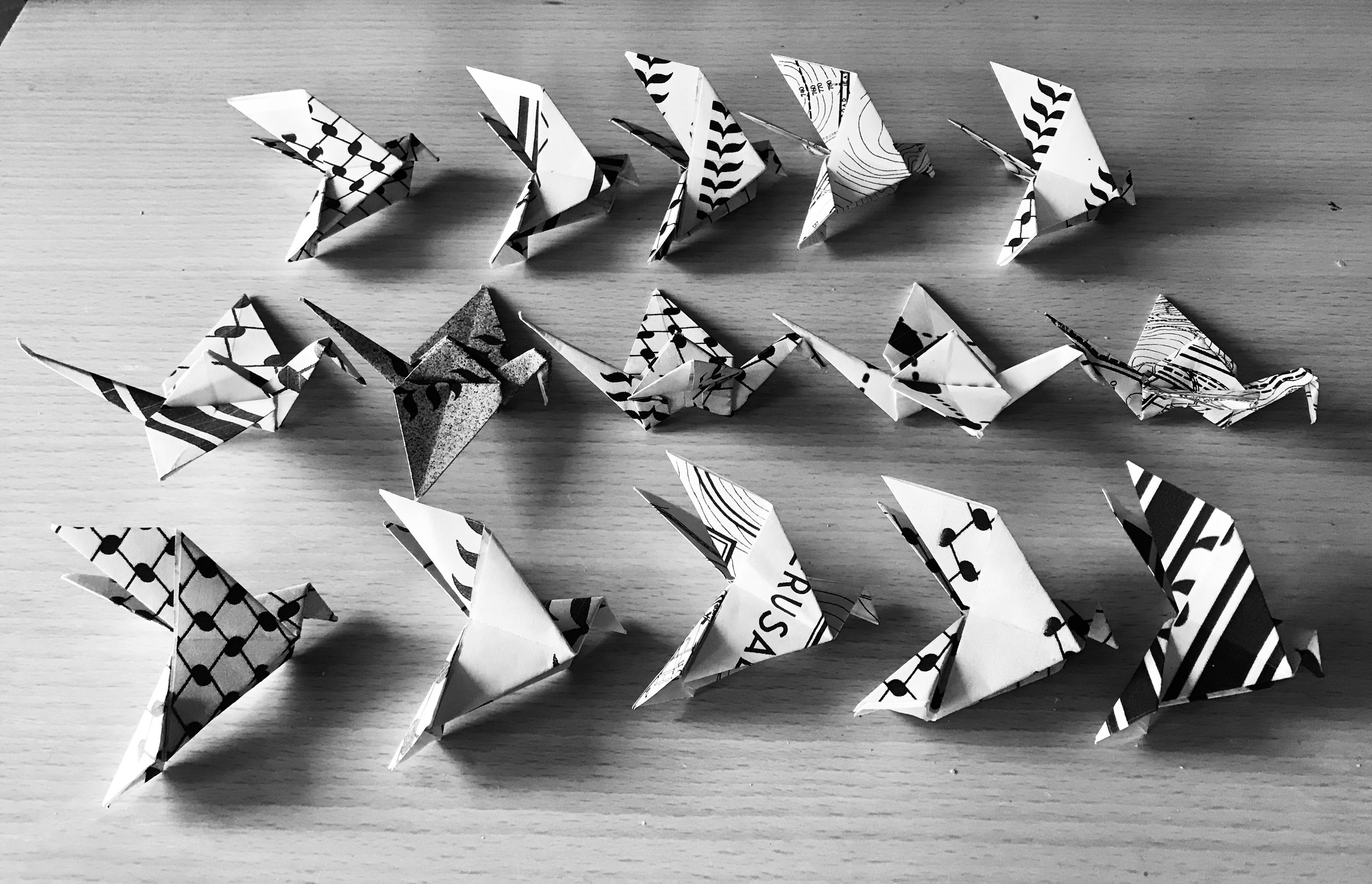The “Poetics of Repair” emerged in the weeks just before the novel coronavirus turned into a pandemic and forced a global lockdown, bringing travel to a veritable halt. I teach interdisciplinary arts at Goddard College, and we had just begun to create a relationship with the Snohomish and the Blue Heron Canoe family in the months before the pandemic. We were planning to travel to S’Klallam land, Port Townsend for our March residency and looking forward to learn the teachings of the Blue Heron Canoe family. Instead we had to put our residency online. Videoconferencing did allow us to connect with Michael didahalqid Evans, Chair of the Snohomish Indian Tribe and father of the Blue Heron Canoe Family, and Karen Condos, President of Natives United in Journey. We learned how the Tribal Canoe Journey has revitalized the Indigenous nations who have participated on this sacred journey. The canoe is much more than simply a vessel for water travel. Canoe culture is Indigenous Resurgence, ceremony, and healing, sacred knowledge. Robin Sigo, MSW, is Director of the Suquamish Research & Strategic Development Department and a co-investigator of the Healing the Canoe project. Using Community-Based/Tribally-Based Participatory Research (CBPR/TPR) model, the project connected Suquamish and Port Gamble S’Klallam youth with elders to revitalize culture as an essential component of reducing substance abuse and building individual and community resilience. Canoe culture and Indigenous resurgence are vital to Indigenous people’s survivance, in the face of ecological crisis, ongoing colonization, and now pandemic.
Every living being on earth will suffer the consequences of the threats of petro-capitalism, colonialism, and climate catastrophe. Every community will need to grieve the tremendous losses of kin, both human and other-than-human kin, and to bolster personal and collective resilience. I believe settlers urgently need to listen to and learn from Indigenous peoples who have survived multiple periods of climate change and over four centuries of colonial oppression. As an immigrant settler living on stolen land in a town named after a genocidal colonizer, I lean very cautiously towards learning from Indigenous peoples, knowing it is all too easy for settlers to perpetuate extractivist patterns of taking, taking, taking, without giving back. I am trying to walk respectfully alongside my Snohomish friends, deepening the relationships that have just begun. I learn alongside my teachers, and “speak nearby,” as Trinh T. Minh-ha has taught. “Poetics of Repair” is dedicated to the First Peoples of this land, and to the next seven generations, my future kin.
The participatory performance presents instructions for folding paper canoes, cranes and horseshoe crabs through poetry. We fold as an act of repair, as a gesture of respect for Indigenous knowledge and ancient water ways of our peoples. I fold paper in a ceremony of repairing the generations of violence and dispossession that settler societies have wrought on Indigenous peoples around the world.
Canoe, kayak, rowboat, dinghy, barge, ferry, skiff, raft, frigate, yacht, gondola, sailboat, freighter, houseboat, steamship, flagship, yawl…lifeboat. Each of these words conjures up water vessels with different functions—from leisure to transport to rescue. In a time of shrinking glaciers, rising oceans, wildfires and superstorms, we need stories and practices of survivance and survival.
This workshop invites all to our stories, our grief, rage, despair, and fear. And then we find joy in making beauty together. Participants can contribute canoes, cranes and horseshoe crabs to the installation scheduled to open at the Augusta Savage Gallery in April 2021.

